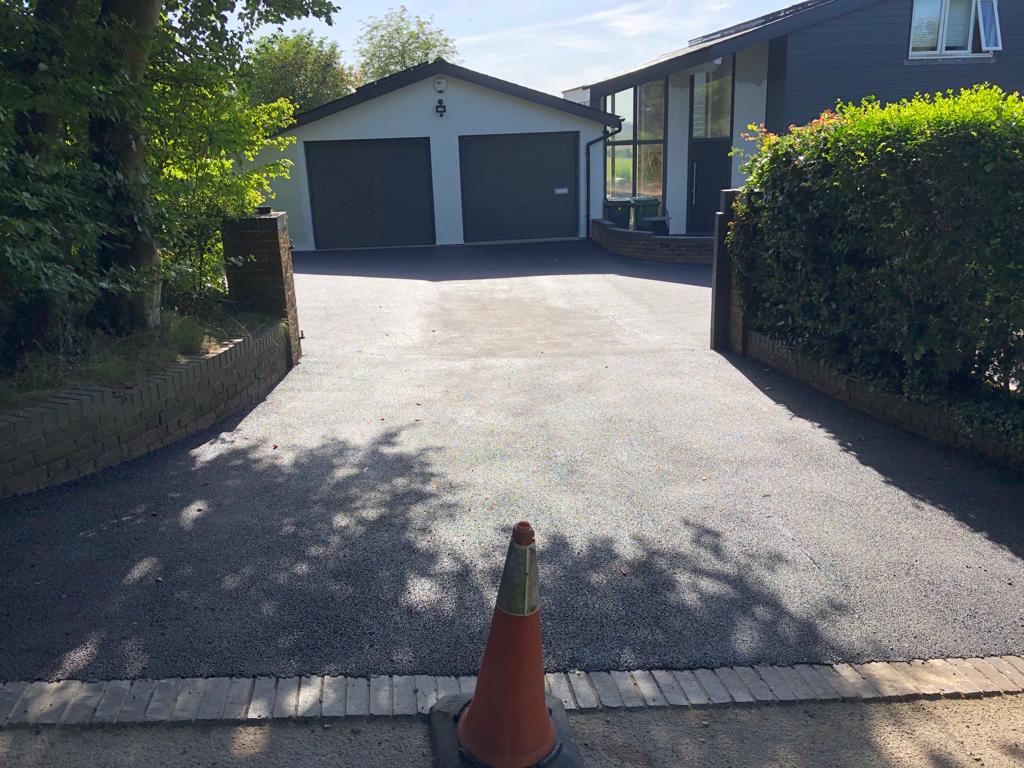At Maryborough Surfacing Solutions, we follow a meticulous grading process to ensure that every road we work on meets the highest standards of safety and durability. Our process includes:
- Site Evaluation: We begin by assessing the specific conditions of the site, including soil composition, drainage needs, and the intended use of the road. This allows us to design a grading plan tailored to the unique requirements of the location.
- Clearing and Excavation: The site is cleared of vegetation and debris, and any necessary excavation is performed to prepare the area for grading.
- Levelling and Compacting: The base is levelled and compacted to create a stable foundation for the road. Proper compaction is key to ensuring that the surface remains level and free of issues like sinking or cracking over time.
- Slope and Camber Adjustment: We carefully adjust the slope of the road to ensure proper drainage, preventing water from pooling on the surface. This is especially important for roads that need to handle heavy rainfall during Queensland’s wet season.
- Final Inspection: Before the asphalt or bitumen surfacing is applied, we conduct a final inspection to ensure that the grading meets all safety and structural requirements.
- Improving Drainage
One of the most critical functions of grading is to ensure effective drainage. Poorly drained roads can accumulate water, leading to a range of problems such as potholes, erosion, and slippery conditions. During heavy rainfall, water pooling on the road increases the risk of hydroplaning, where vehicles lose traction and skid, potentially causing accidents.
Proper grading creates the correct slope and camber, allowing water to run off the surface and drain away efficiently. This not only prevents water damage but also reduces the risk of dangerous driving conditions caused by standing water, particularly during Queensland’s wet season.
- Adapting to Seasonal Changes
Roads in Maryborough, QLD, must endure a range of weather conditions, from heavy summer rainfalls to dry, hot seasons. Grading helps roads adapt to these changing conditions. In the wet season, good grading ensures that roads remain safe by directing rainwater away from the surface, reducing erosion and preventing damage to the road structure.
In the dry season, properly graded roads are less likely to develop cracks due to heat and shifting subsoil. By maintaining consistent stability throughout the year, grading plays a key role in ensuring that roads remain safe in all seasons.
- Preventing Long-Term Damage
Roads that are not properly graded are far more susceptible to long-term damage. Poorly drained roads experience more wear and tear, leading to the need for more frequent repairs and resurfacing. Additionally, roads without proper grading are more prone to structural issues, such as sinking or cracking, which can significantly increase maintenance costs.
By investing in professional grading services, property owners and local councils can prevent these long-term issues and save money on repairs and resurfacing. Proper grading is a proactive measure that enhances road safety and reduces the need for costly, ongoing maintenance.
Conclusion
Grading is an essential step in creating safe, long-lasting roads that can withstand the challenges of Queensland’s varying weather conditions. By ensuring stability, improving drainage, and adapting to seasonal changes, proper grading plays a vital role in enhancing road safety and preventing long-term damage. At Maryborough Surfacing Solutions, we are committed to delivering professional grading services that ensure the roads in Maryborough, QLD, are built to last.
Call us on: 07 4158 7474
Click here to find out more about Maryborough Surfacing Solutions
Click here to complete our contact form and see how we can help with your driveways

